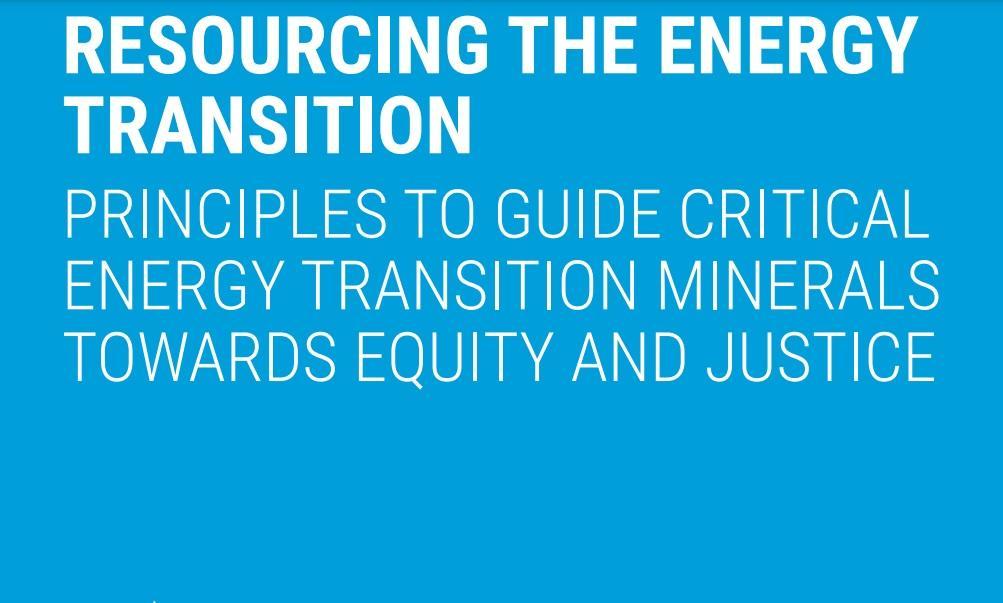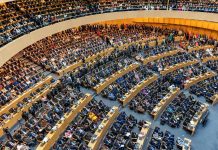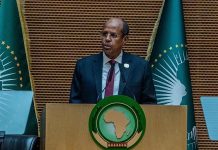Africa-Press – Lesotho. UN panel has issued recommendations for governments and industry stakeholders to ensure fair mining practices as the demand for critical minerals for renewable energy technologies is expected to almost triple by 2030.
On 11 September, the UN secretary-general António Guterres announced a report detailing the guiding principles to ensure fairness, transparency, investment, sustainability and human rights throughout the mineral extraction process, from mining to refining, manufacturing, transportation and end-of-use recycling.
The panel’s report, ‘Resourcing the energy transition: principles to guide critical energy transition minerals towards equity and justice’, outlines strategies to ensure that the shift to renewable energy is rooted in fairness and justice.
Manufacturing of all kinds requires ready cash supplies to guarantee agility and mitigate risks. From automobiles to airplanes and computers to clothing, an approach with supply chain innovation at the heart is critical.
The panel also suggested creating a UN-based expert group for economic issues in mineral value chains, a global transparency framework, a fund for abandoned mines, and empowering small-scale miners in sustainable development and human rights.
The International Council on Mining and Metals (ICMM) welcomed the acknowledgement of the uneven playing field between responsible operators and a lack of recognition and incentivisation for less responsible actors to meet required standards.
The ICMM said in a statement that the “roles of governments and international bodies are essential to ‘raise the floor’ of mining practices globally” by enforcing strict national laws.
“These include a stronger focus on the need to support responsible practices in artisanal and small-scale mining and a zero-tolerance approach to illegal mining,” the council said.
According to the intergovernmental organisation, limiting global warming to 1.5°C to avoid the most severe impacts of climate change will rely on ensuring a sufficient, reliable and affordable supply of critical energy transition minerals.
These minerals include copper, lithium, nickel, cobalt, rare earth elements and essential components of clean energy technologies such as wind turbines, solar panels, electric vehicles and battery storage.
The European Commission’s Director-General for Energy, Ditte Juul Jørgensen, who co-chaired the panel, stated that the “demand for critical minerals will skyrocket” after all countries agreed to triple the global renewables capacity and double energy efficiency at COP28 last year.
“We cannot afford to repeat the mistakes of the past… Only in this way will we tap the potential of the energy transition and create new and shared benefits for all,” she added.
The co-chairs and panel were asked to share the report and its recommendations before COP29 later this year.
For More News And Analysis About Lesotho Follow Africa-Press






